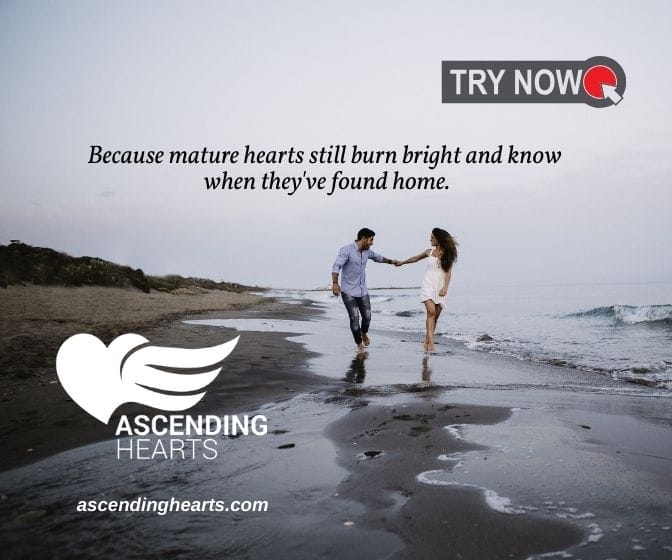Dealing with Under-Eye ‘Bags’ and Festoons

Are you dealing with festoons under your eyes?
Under-Eye ‘Bags’ or Festoons?
by Adam J. Scheiner, M.D.
Eye ‘Bags’ and Festoons – Why You Should Know the Difference
For a malady that’s as common to aging as waning vision, festoons – also called “malar mounds” — aren’t well understood by the public, says Adam J. Scheiner, M.D., an international eyelid and facial cosmetic surgeon specializing in the treatment of Festoons and featured on “The Dr. Oz Show” and “The Doctors.”
“The more people know about the causes of Festoons and how they are often misdiagnosed, the better informed they are to be their own effective health-care advocates,” says Dr. Scheiner, who educates the public through his popular blog at www.adamscheinermd.com and his new book, The True Definition of Beauty.
“A growing part of my practice is correcting treatments with less than favorable results that patients have had done elsewhere; like fillers used under the eyes to treat ‘bags,’ or lower eyelid surgery that doesn’t address the patients’ Festoons,” Dr. Scheiner says.
“The lack of awareness around Festoons and how ubiquitous they are — and how often they are misdiagnosed — is why my practice has executed an educational marketing campaign to bring clarity to combat the misinformation and confusion surrounding this condition,” he adds.
What is the difference between “bags” and Festoons?
“‘Bags’ are caused by fat protruding through the skin in the lower eyelid area, while Festoons, which also protrude, are primarily on the upper part of the cheek,” Dr. Scheiner says. “The two together can look like one large protrusion, but they’re separate issues.”
Physicians will perform procedures to help a patient’s lower eyelid “bags,” but often they leave the Festoons behind. This is because Festoons are notoriously hard to treat. The result? When they are not repaired at the same time as the “bags,” Festoons can actually look worse compared against the newly rejuvenated lower lid.
Festoons can also be a marker for pre-cancerous skin conditions on other parts of the face — another good reason to know the difference between Festoons and “bags.”
Dr. Scheiner offers 3 tips for evaluating whether you have “bags” or Festoons, the causes of both, and solutions:
1. Are they “bags” or Festoons? “Bags” often appear as puffy circles directly beneath the eye. “If you touch them, they’re usually firmer, and you can’t easily move them from side to side. That’s an indication they’re ‘bags,’” Dr. Scheiner says. “Also, if you look up, they become more prominent.”
Festoons, on the other hand, are high on the cheek, although they can extend to the lower lid area. “They feel squishy to the touch, and they can be easily moved from side to side. They don’t become more prominent when you look up.”
2. What causes them? “Bags” are generally associated with aging, although younger people can also get them, Dr. Scheiner says.
Festoons are usually the result of damage. Sun exposure, smoking, and aging are among the possible causes, and the results can be worsened by the contrasting pull of underlying facial muscles over the years. Fair-skinned people tend to be more susceptible to Festoons.
3. What can you do about them? “Effective treatments for removing ‘bags’ have been available for quite some time, but physicians have struggled with removing Festoons,” Dr. Scheiner says. “Festoons are complicated to treat.”
Medications and steroid injections can provide temporary improvement, and some older surgical procedures offer mixed results.
One of the biggest problems with Festoons and eye “bags” is that they occur around the most expressive area of the face—our eyes. The eyes speak volumes, but they can give off the wrong message if they are framed by Festoons or eye “bags.”
“My patients say people are always asking them if they’re sick or if they’re tired,” Dr. Scheiner says. “It’s hard to hear that over and over again, and it begins to impact how you feel about yourself, as well as your energy level. What I love about the advanced laser and heading protocol that I developed is that it fundamentally changes the quality and the health of the skin—it takes swollen, sun-damaged skin and makes it smooth, tight and younger. It cleans up the messages around the eyes so that people can appear well and rested.”
You will also enjoy Improving Eye Health with Yoga Asanas
About the Author
Adam J. Scheiner, M.D. is world-renowned in laser eyelid and facial plastic surgery for his groundbreaking treatment for Festoons. He wrote the medical text on the condition and treated two complex causes of Festoons for the Dr. Oz and The Doctors TV shows. www.adamscheinermd.com
OMTimes Magazine is one of the leading on-line content providers of positivity, wellness and personal empowerment. OMTimes Magazine - Co-Creating a More Conscious Reality





